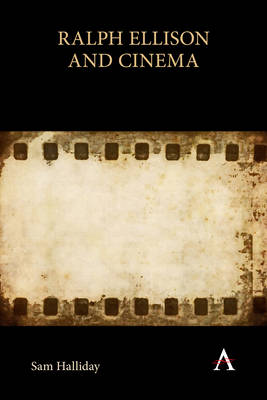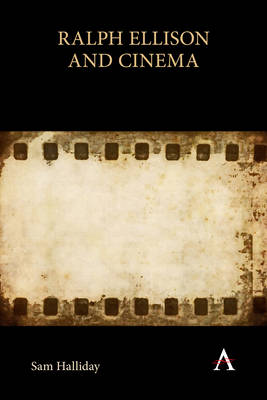
- Retrait gratuit dans votre magasin Club
- 7.000.000 titres dans notre catalogue
- Payer en toute sécurité
- Toujours un magasin près de chez vous
- Retrait gratuit dans votre magasin Club
- 7.000.0000 titres dans notre catalogue
- Payer en toute sécurité
- Toujours un magasin près de chez vous
Description
Ralph Ellison and Cinema reveals the crucial role of cinema throughout Ellison's career. In his most famous work, Invisible Man (1952), cinema is part of a cultural and institutional landscape; as such, it is integral to the way the novel's protagonist feels and thinks. In Ellison's critical essays, cinema is simultaneously a crystallization of racial prejudice, a vehicle of ideas about history, and an index of the variously illusory and the revelatory character of dreams. But it is in his monumental, unfinished second novel, posthumously published as Three Days Before the Shooting . . . (2010), that Ellison's thinking about cinema is brought to its imaginative and theoretical peak. Here, Ellison gives full rein to a sensibility that is both cinephile and cine-sceptical; in the book, Ellison is as much concerned with cinematic form as he is with cinematic content. To chart the breadth and depth of Ellison's cinematic interests, Ralph Ellison and Cinema discusses the author's major works alongside private correspondence, Hollywood films in which Ellison took particular interest, and marginalia in the author's personal library. Ralph Ellison and Cinema also provides a detailed account of the intellectual and social contexts in which Ellison's works took shape.
Spécifications
Parties prenantes
- Auteur(s) :
- Editeur:
Contenu
- Nombre de pages :
- 250
- Langue:
- Anglais
- Collection :
Caractéristiques
- EAN:
- 9781785279638
- Date de parution :
- 03-03-26
- Format:
- Livre broché
- Format numérique:
- Trade paperback (VS)
- Dimensions :
- 152 mm x 229 mm
- Poids :
- 453 g

Les avis
Nous publions uniquement les avis qui respectent les conditions requises. Consultez nos conditions pour les avis.






